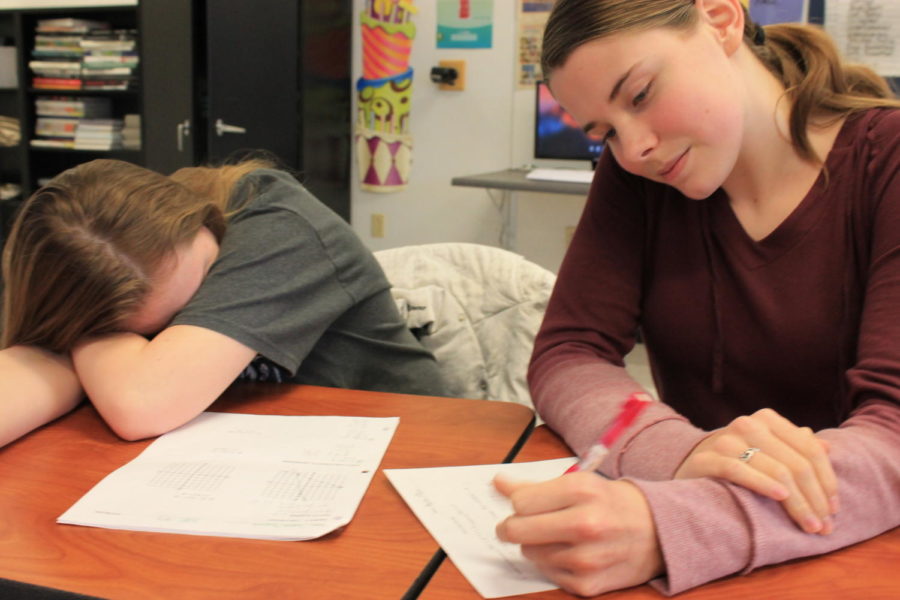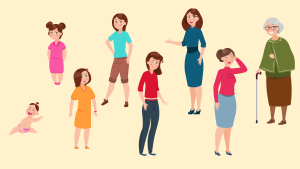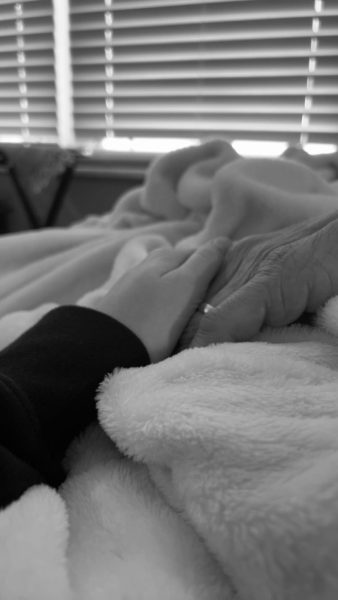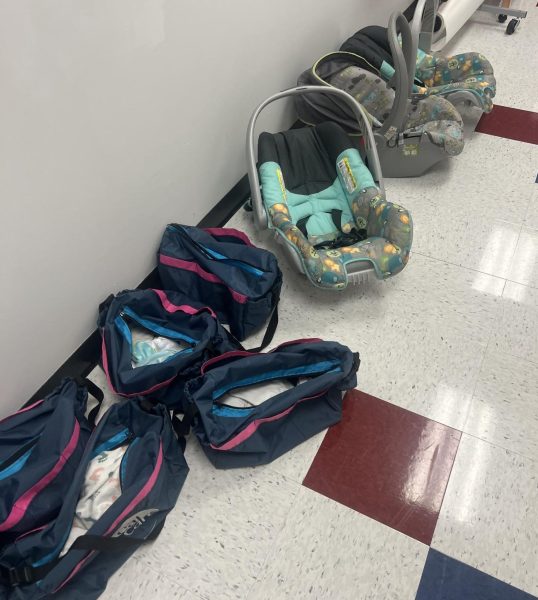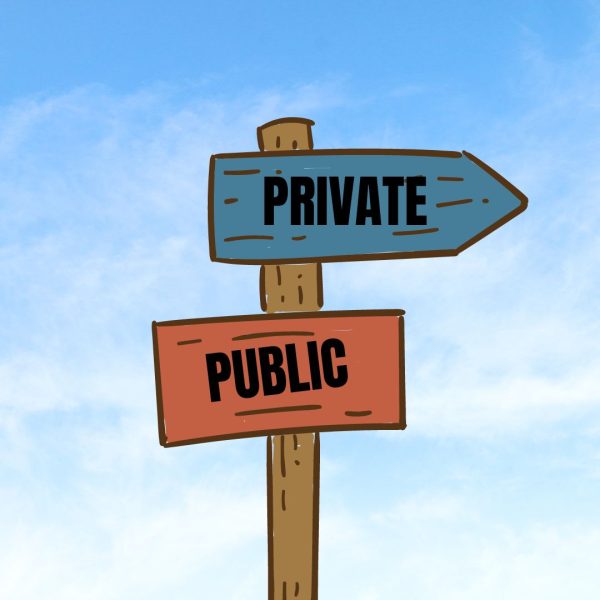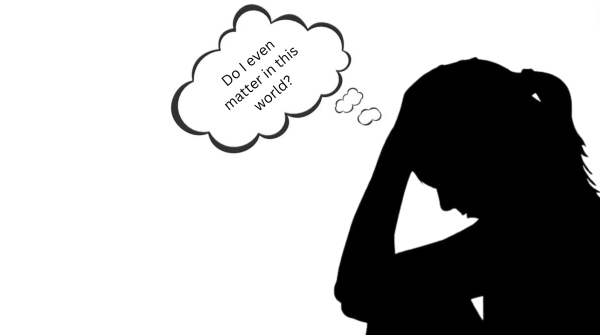Studies Versus Sleep
Poor sleeping habits can negatively impact teen health
Staying up too late affects your studies and hurts your body.
January 17, 2018
You are getting very sleepy – but I don’t have to hypnotize you to make you tired.
High school students everywhere face poor sleeping habits from getting notifications on our phones, to watching videos until midnight. Sometimes we’re doing homework or studying, sometimes we’re checking our social media. We get up early and we stay up late. Poor sleeping habits affect on our studies and our bodies.
Most high schoolers don’t go to sleep until 11 p.m. or later. Part of that is due to social media the other part is due to last minute homework. According to Web-MD, having poor sleeping habits can make you feel weaker and your risk of injury and accidents increases; not only at home, but at school, work, and on the road. Lack of sleep can affect your overall health and can make you prone to serious medical conditions, such as obesity, heart disease, high blood pressure and diabetes. I’m not saying that you will get any of these medical conditions if you don’t get the right amount of sleep, but it could put you at risk. One out of three students suffers from poor sleep everyday. Something that can cause poor sleep is stress; that’s why if you have a test coming up the next day you don’t sleep very well.
Healthy sleep is critical for everyone, since we all need to retain information and learn skills to thrive in life. According to NHS Choices, loss of sleep is a hazard to the public, especially on the roads. When you drive with a lack of sleep, it’s almost as dangerous as driving drunk. The National Highway Traffic Safety Administration estimates that in 100,000 auto crashes and 1,550 crash-related deaths a year in the U.S. The problem is greatest among people under 25 years old.
Sleep loss is critical against your thinking and learning. It impairs attention, alertness, concentration, reasoning and problem solving. This makes it more difficult to learn efficiently. During the night, your brain consolidates when you’re sleeping. Consolidating helps you remember. So when you haven’t been sleeping because you were doing some last minute studying, you’re just hurting your education.
A way to help you get more sleep, according to the National Sleep Foundation, is to create a sleep schedule. I’m not saying you need a bedtime like when you were in elementary school, but it would help if you try going to bed at a certain time so you get a healthy amount of sleep. If you don’t want to make a sleep schedule, you can avoid afternoon naps. After school, you’re tired and just want to go to bed. But falling asleep in the afternoon can wake you up when it’s nighttime and keep you up until its late at night. The next thing you know you can’t sleep until 1 a.m. A steady balance of exercising can also help you sleep as well. You could also evaluate your room; create a comfortable sleeping environment. There are many ways that can help you sleep, you just need to find one that works for you. Sweet dreams.

